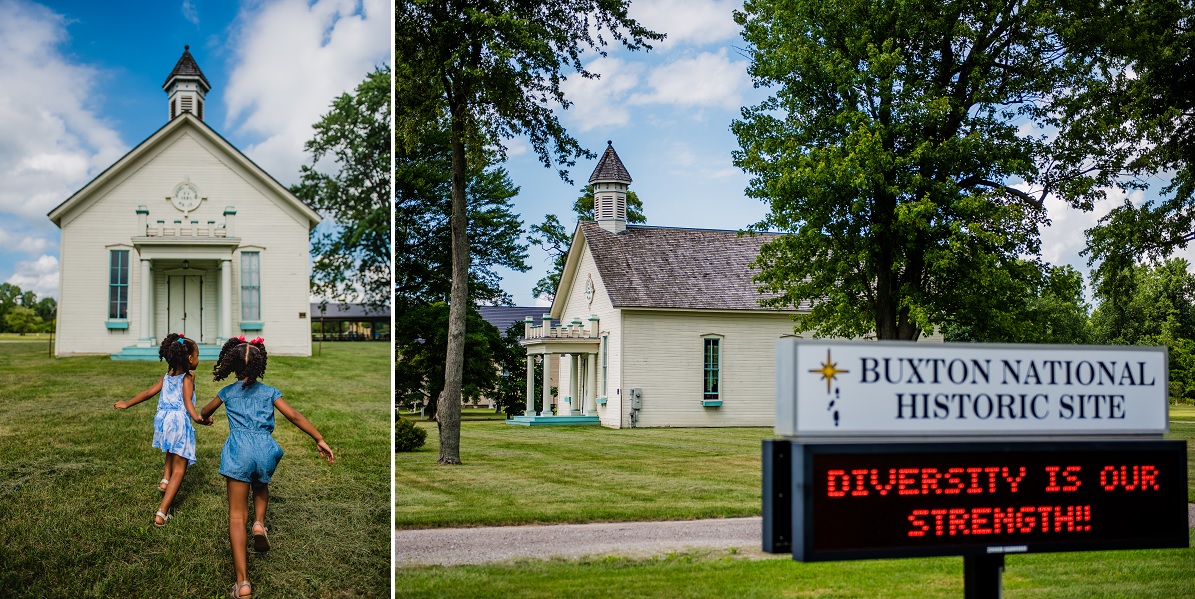In 1849, a group of 15 formerly enslaved adults and children began a new life on a settlement in Buxton, Ontario—thousands of miles from their home in Louisiana.
The formerly enslaved individuals had been freed by Rev. William King, who had inherited them from his American father-in-law. The Reverend travelled to the deep south and led the 15 adults and children up the Mississippi River to Ohio and then to southwestern Ontario, their journey garnering widespread support of abolitionists along the way.
A minister at Toronto Presbytery, Irish-born Rev. King's work wasn’t over. He recognized that true freedom for formerly enslaved individuals would require education, opportunity and community. To support the next phase of their lives as free people, he established a 9,000-acre site in Buxton and transformed it into a settlement for those escaping slavery in the United States and starting a new life in Canada.
In the following years, hundreds of Black Americans followed in the footsteps of the founding 15 Buxton residents, maneuvering the dangers of the Underground Railroad from Virginia, Kentucky, Tennessee, Georgia and beyond, until they reached freedom and hope in Buxton.
Today, the settlement’s history is preserved at the Buxton National Historic Site & Museum. Descendants of the founding families still live in the area and many are employed at the museum, where they share the stories of their family’s journeys to freedom.

The site captures “a history that’s sometimes lost and sometimes forgotten, but is so important to share,” says Michelle Robbins, the site’s curator.
Visitors can enter an original 1861 schoolhouse built by formerly enslaved individuals and a log cabin from 1852. They can feel the weight of historic artifacts, such as ankle shackles that were used when adults and children were being transported to and from slave auctions.
Thousands of people a year from Canada, the U.S. and around the world travel to the historic site, the second-largest in Ontario, to learn about Black Canadian families who escaped slavery and established a community.
“There are so many incredible stories and histories of the amazing individuals who came here to settle, to start families, to start lives, to open businesses,” Robbins continues.
“Resilience and strength got them through everything they went through and brought them here to be free.”
On the eve of Juneteenth—a federal holiday celebrated every June 19 in the U.S. to commemorate the end of slavery—we share the story of Buxton to acknowledge the far-reaching impacts of slavery and the role it played in helping formerly enslaved individuals thrive as free citizens.
Through our Fueling Futures grants, we fund non-profit organizations whose work fosters community vitality and empowers individuals to achieve their full potential.












